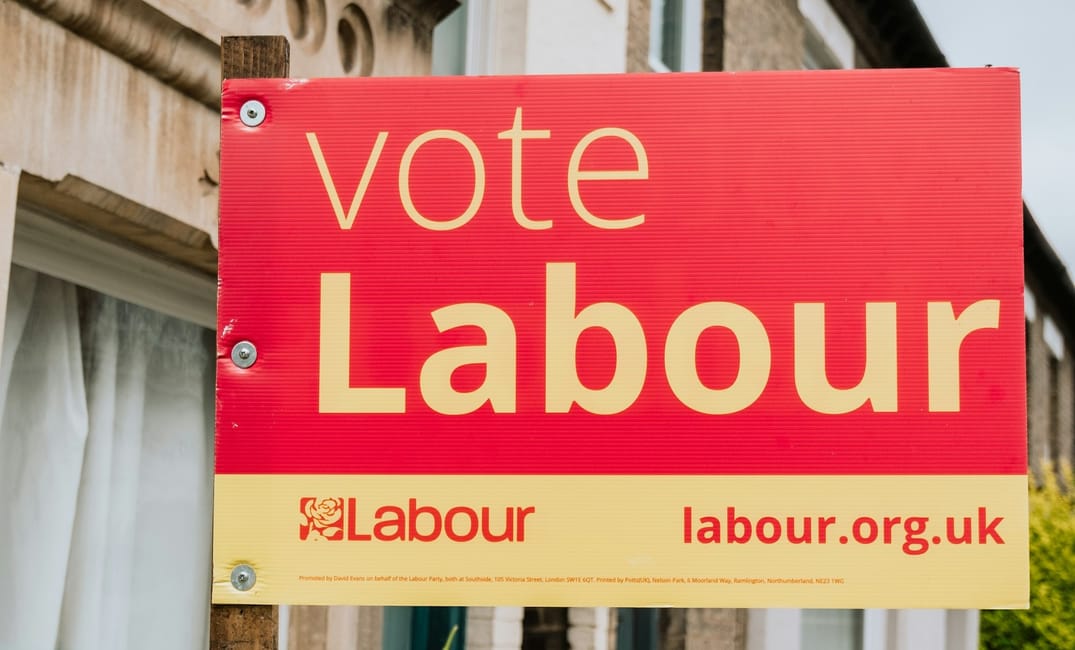With Brexit in a shambles and the Conservative Party hugely divided, it is not a stretch to foresee the possibility of Jeremy Corbyn becoming Prime Minister. Yet, this would almost certainly prolong negotiations and heighten a headache that Brexit has become. However, there is a silver lining – he is popular with young people.
Maybe it’s his radical policies, promising to ‘abolish tuition fees’; maybe it’s his peaceful approach to the use of force; maybe it’s his opposition to benefit cuts. There’s no doubt about the support that good
The results of the 2017 general election spoke hugely out to the world, Labour having 262 seats and the Tories having 318, supported by a confidence and supply t\agreement with the DUP. That’s 6 more seats for the Labour Party than back in 2015 – and what I’m interested in, is whether it’s all down to the party leaders?
In the 2017 manifestos, Mrs May really hit home with the comparably ‘strong and stable’ future that she promised for the UK. The word ‘strong’ is actually mentioned 4 times in the intoduction of the Conservative Party manifesto. It seemed as though she was solely concentrating on Brexit…
Despite this, if you head on over to the Labour Party website, and click on their manifesto, it is more accessible and interesting to read, with all policy areas divided into bright and easy links and Brexit playing a significantly less heavy role.
Am I entirely wrong when I say you’d rather read this;
(Complete with stimulating clip art)

Than this? (Complete with exciting, extensive paragraphing)

Manifestos aren’t meant to be entertaining, I grant you that; but should anyone really expect to form a majority government unless voters actually want to read about your policies and exciting ideas?
So, perhaps what Corbyn offers is a more accessible and exciting take on policy areas? He knows that young people will turn out and vote on issues that matter to them. Maybe this is why he appears to be trying to reverse the increase in tuition fees from approximately £1,000 per year under the previous Labour Government to £9,000+ under the 2010 Conservative-Lib_Dem coalition? What Corbyn seems to understand is how to excite and invigorate voters by introducing extreme potential promises. Even if they are just ‘promises’, I’m sure young voters would be willing to take a chance on Corbyn if it meant they would be £9,250+ financially better off.
Simply take a look at the Conservative website – all it seems to enforce is; ‘Brexit, Brexit, Brexit’ and ‘we’re doing a good job, we promise!’, but no matter how ‘strong and stable’ the Conservatives portray themselves to be, it is outstandingly clear that the party is divided and weak. If the majority of your campaign is negotiating Brexit, voters will be turned off and politically inactive. How can Theresa May expect an ordinary citizen to have a say in their countries future when they don’t really know exactly what they’re having a say on?
Perhaps
So is it fair to say that Jeremy Corbyn is a little more strategic when it comes to getting popular with voters? Not only has he promised to abolish tuition fees
- Brexit shambles
- Rise of crime
- NHS in crisis
It is, therefore, not surprising that so many voters back him. It is clear that Corbyn is strategic in both his campaigning and policymaking, taking the issues that affect the general public daily lives seriously.
The Labour Party promises to change lives, not just strengthen them – that is what secures popularity. Or maybe it’s just the clip art?

